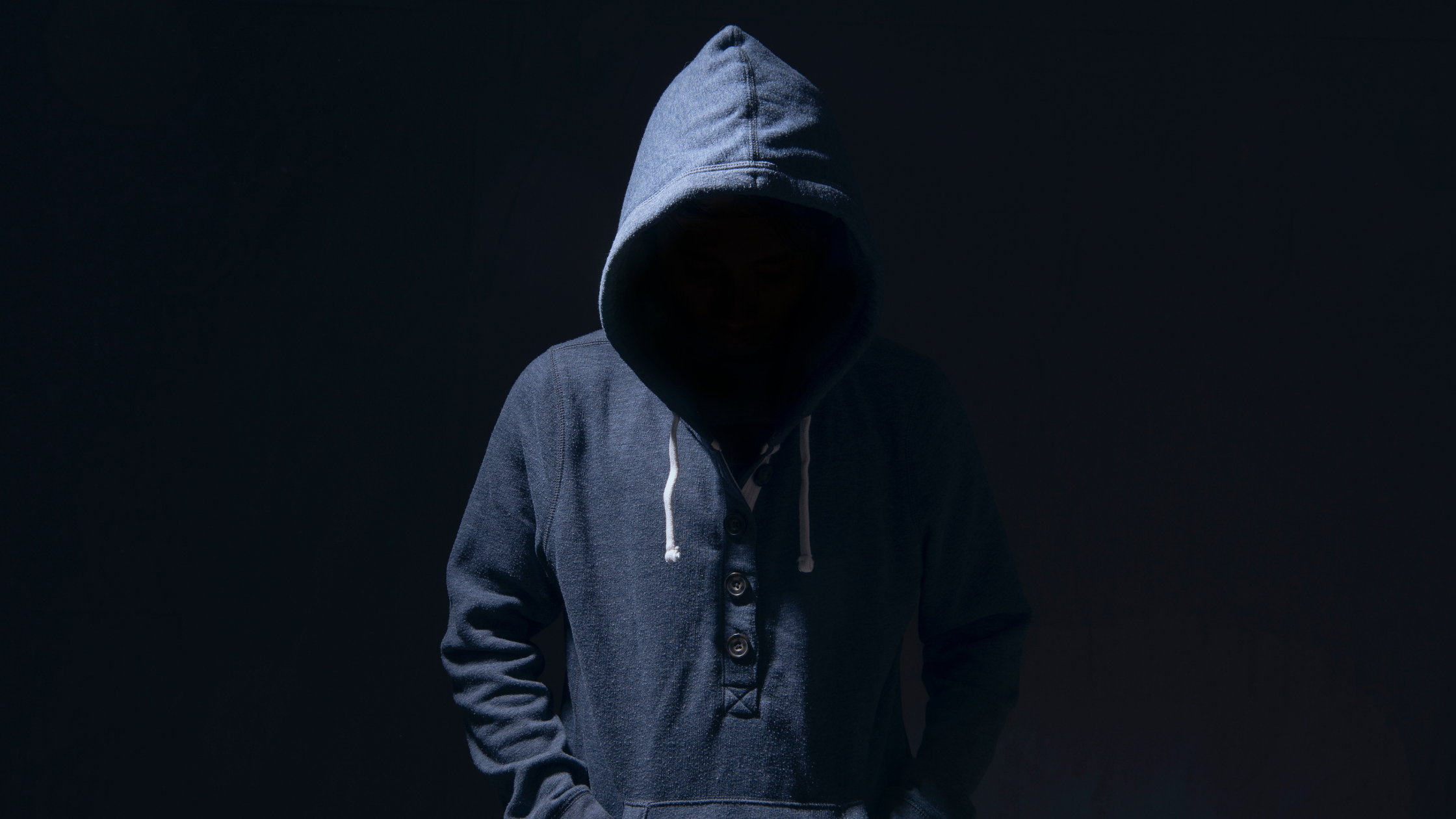6 life lessons from Buzz Aldrin
Some of us at 42courses are huge sci-fi lovers.
Chris Rawlinson, the company founder, in particular, is a huge fan of all sci-fi and anything to do with space and time.
The Order of Time for instance is one of Chris’ fave books, apart from Hitchhiker’s Guide to the Galaxy, of course.
I consume a huge amount of audiobooks while out walking my dogs and running many hours for marathon training, and one of this week’s books is ‘No dream is too high’, the autobiography of Buzz Aldrin.
You know who Buzz Aldrin is, don’t you?
He’s the second person in human history to step foot on a celestial body other than Earth… right after Neil Armstrong.
But Buzz has some firsts to his name.
He pioneered underwater astronaut training, to simulate zero gravity, which led to him carrying out a 5-hour space walk in 1966 - which was 3 years before Apollo 11 landed on the moon.
He also was the first to hold a religious ceremony on the moon, as he took communion whilst in the lunar module.
Buzz took the first selfie in space too!
Another first to his name is that Buzz was first to take a pee on the moon…
And what an honour this next one is - Colonel Aldrin’s famous first name was the inspiration for the naming of Toy Story’s Buzz Lightyear!
Life Lessons from Buzz Aldrin in ‘No Dream Is Too High’
If you’re interested in space travel and exploration, the book is highly recommended, but if you’re not, there are still valuable life lessons that can be learned that can be applied to anyone’s situation.
1. Be innovative, always.
Buzz says that you should constantly seek to change and improve everything you do, especially at work.
You should definitely avoid at all costs anybody who says any variation of, “We have never done it like that before”.
Before becoming an astronaut, Buzz was a fighter pilot and also a scientist.
He wrote a thesis Line-of-Sight Guidance Techniques for Manned Orbital Rendezvous which proposed a solution to safely rendezvous and dock spacecraft in lunar orbit.
This innovative idea directly led to Buzz being invited to become an astronaut… and changed his life forever.
2. Let your family and friends know you love them
In 1967, Buzz learnt that life is never guaranteed.
In the Apollo 1 launch disaster, where 3 astronauts died in a catastrophic capsule fire on the launch pad, Buzz lost his best friend Ed White.
Obviously, it was unexpected and Buzz never got the chance to tell Ed how much his friendship meant to him.
So, in the book, Buzz pleads with the reader to write a handwritten note or call your friends and family today to let them truly know how much you care for them.
3. Choose your best friends wisely
The astronauts spent a huge amount of time training together.
They spun ideas off each other, helped each other and played hard together.
They were ultra competitive due to the fact that they were competing for a prized spot on a mission to space.
So Buzz says that you should carefully choose the friends who will bring out the best in you.
As he writes, “Show me your friends and I'll show you your future”.
He believes that you will become the average of your 5 closest friends.
So, it’s best not to associate too closely with negative people, as that influence will rub off on you somehow.
Whilst very friendly, the astronauts are still competitive with each other to this day, and this constant challenge still inspires Buzz in his senior years.
4. Be persistent
You have to follow your passion and dream, despite the many setbacks that will definitely fall in your path.
You should approach everything with an optimism that you are getting nearer to your aim even though it may seem like there is a negative obstacle in your way.
When Buzz applied to be an astronaut at first, he didn't get accepted.
All astronaut candidates up to that point had been test pilots, which Buzz wasn’t - he was a fighter pilot, with a different skill set.
However, due to the innovation of his rendezvous thesis (see above), Buzz got into the space program at the second time of asking.
Due to this delay in starting his training, it meant that Buzz was the right man at the right time to do his Gemini 12 spacewalk.
If he had become an astronaut earlier, he would have been too early to take this opportunity.
And because of that spacewalk, Buzz again hit the perfect timing to be selected for the Apollo 11 mission and that history-making moon landing.
You just never know what leads to that next big moment of progression.
5. Always give it your best
Although Neil Armstrong was the first man on the moon and we are predisposed to be more interested in firsts, Buzz came to accept that his contribution was pivotal to the mission’s success.
Let’s take a direct quote from the book here, as Buzz says it best…
“All work is noble.
So, do your best whether you are first, second or last.
Never lose an opportunity because you were too lazy to give it your best effort.
Certainly you need rest and recuperation, but keep those in balance with hard work.
Remember that while you are partying, there is someone else who is working hard to succeed.
It’s OK to be second as long as you do the best you can do.”
6. Ask for help when you need it.
Due to global fame and the ridiculous highs (quite literally) of the most historic space travel of all time, in subsequent years, Buzz found life a bit flat, lacking in meaningful things and hard to find happiness.
It was difficult for him to find motivation to do the normal everyday tasks of a working life, after achieving something that no humans had ever done before.
So, he struggled for many years with bouts of alcoholism and series of depressions.
He only managed to turn this around when he actually acknowledged that he needed help and reached out for help from professionals.
Buzz credits this as one of the most important moments of his amazing life.
So, never be afraid to tell yourself that it is all a bit too much and get hep from people who can properly give you aid.
As Buzz says, even as a macho fighter pilot and astronaut, he finally understood that asking for help is not a sign of weakness, but a sign of true strength.







